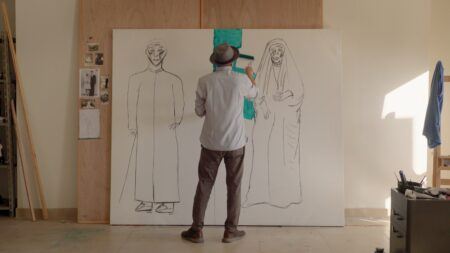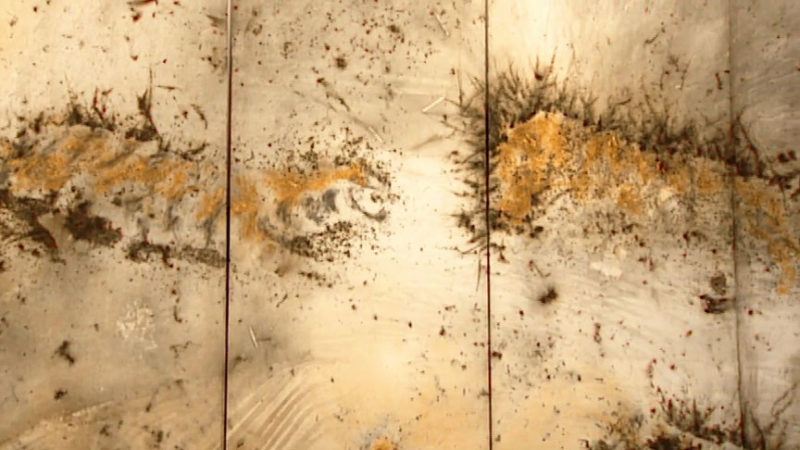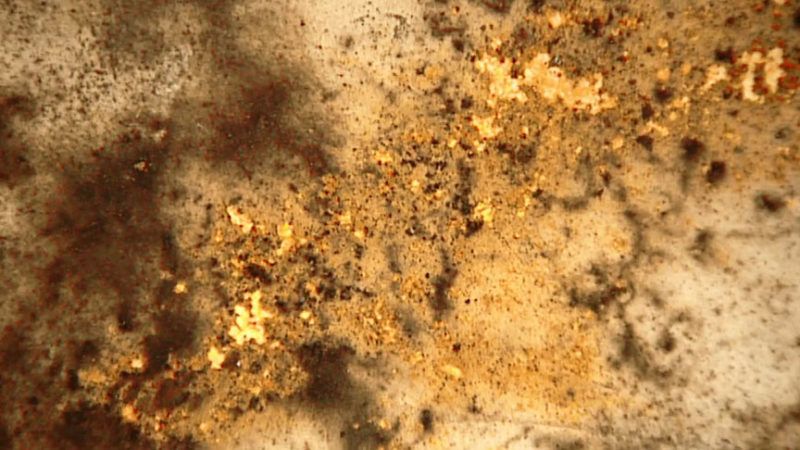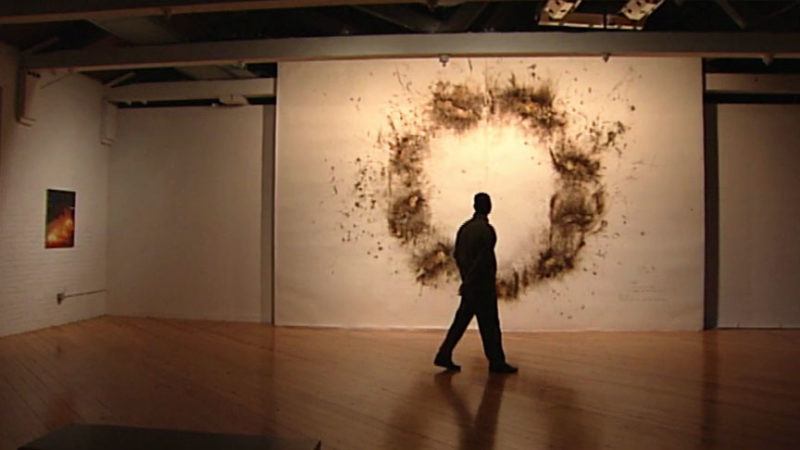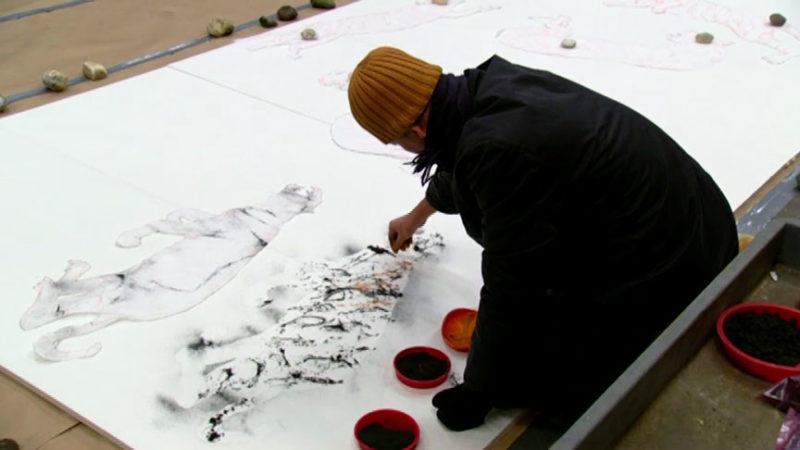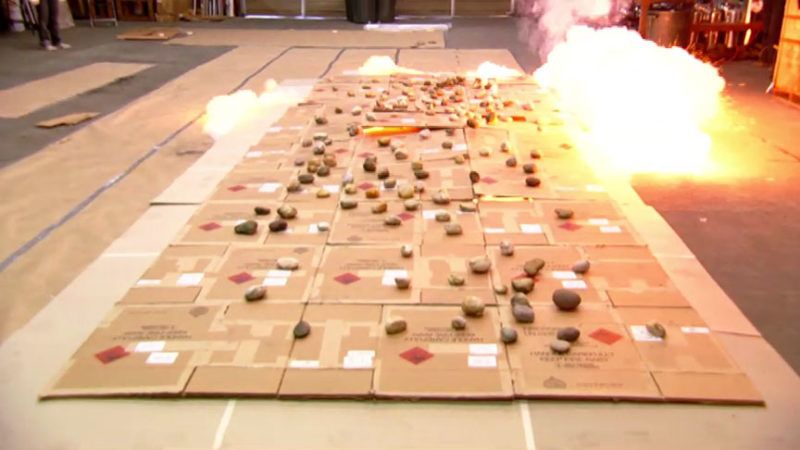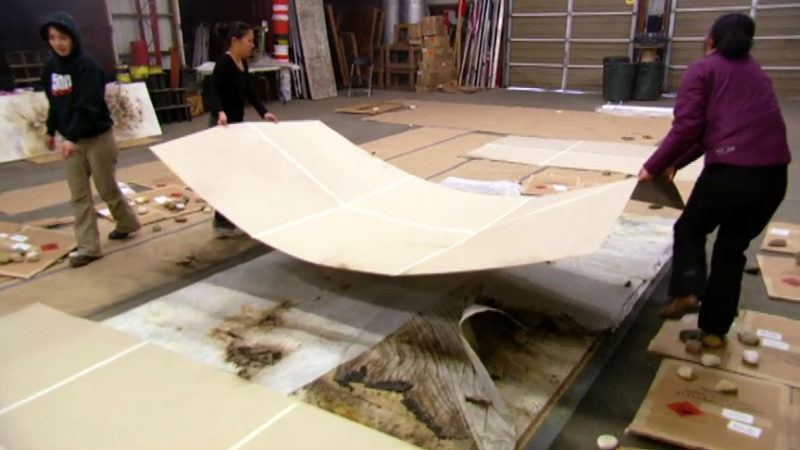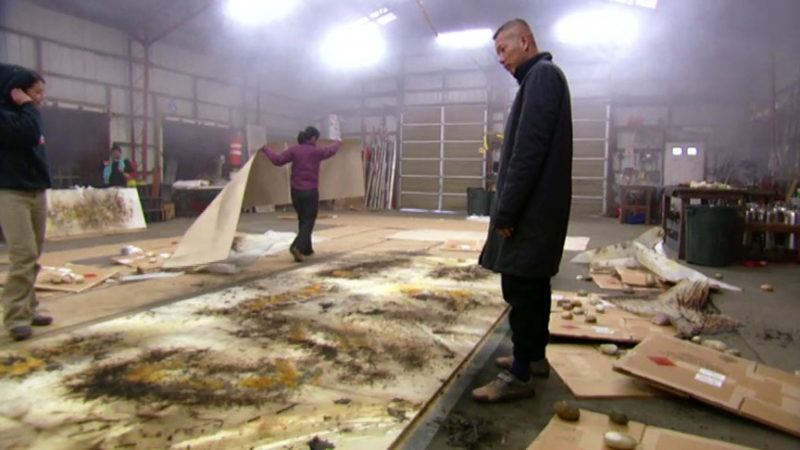Big Question
Can Explosive Ideas Start Small?
Cai Guo-Qiang seeks grandness with emptiness
There’s so much in this life that we cannot control, so expressing your thoughts and ideas and ideals naturally can ease our state of mind. I look for the infinite within the very small. This is how the ancient Chinese experienced paintings and the aesthetic experience. Instead of these very large public displays that fill up a space, it tends to be quite intimate. It could be something that they hide in secret until it’s time to be displayed.
In the modern living room you will display a work of art on the wall—your house may be full of different artworks that you can see and enjoy. In the traditional Chinese home, nothing adorns the walls, but next to the chair where the host will sit, there may be a large ceramic vase with rolled scrolls sticking out. This is their museum—their collection. Over a conversation, the host will see where your interests lie and determine if you are worthy of a certain work—a painting of a Chinese landscape or calligraphy—and unroll a scroll in front of you, opening a whole world up to you. It is only shown to people at the appropriate time and occasion, and to the right person. Sharing an artwork with guests and friends is also the way the host experiences a work.
This is perhaps a bit contradictory in what I look for in my work. I look for something grand in scale, but I also look for that emptiness too. In a way, the scroll is an essence of that emptiness. After the viewing, it’s rolled up and it’s empty again; but, this emptiness also holds endless possibilities. Sometimes I consider my explosion projects like these scrolls. Once it opens up the universe and around that, it seems boundless, but then it disappears. What you hold in your mind is a realm that’s limitless. Art doesn’t need to be verified. It doesn’t have to look like anything. Anything is possible.
Cai Guo-Qiang
